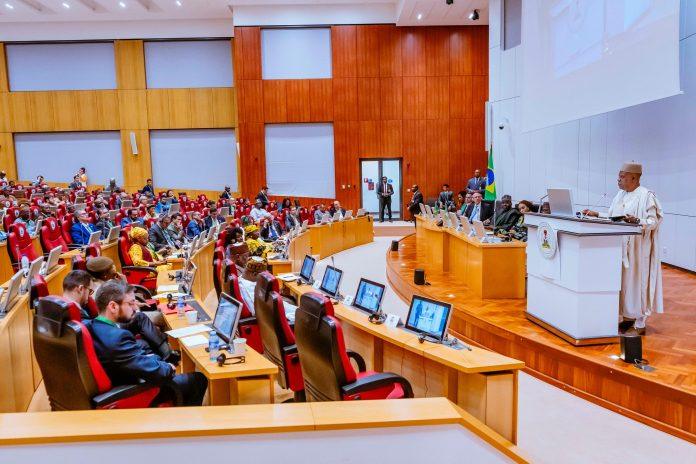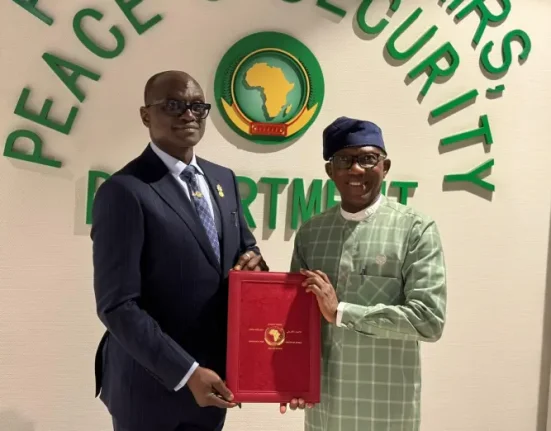ABUJA — Nigeria is undergoing a quiet yet bold transformation under the leadership of President Bola Ahmed Tinubu, Vice President Kashim Shettima has said, highlighting ongoing reforms and policy shifts designed to reposition the country for sustainable growth and development.
Shettima made the remarks on Wednesday, June 26, 2025, while speaking at a strategic stakeholders’ forum in Abuja, where he reaffirmed the administration’s commitment to tackling structural challenges through decisive governance and people-centered policies.
“In less than a year, President Tinubu’s administration has introduced a series of transformative initiatives that are beginning to reshape our national trajectory,” the Vice President stated. “Though quiet in approach, these reforms are bold in impact and are laying the foundation for a more resilient and inclusive economy.”
According to him, the government’s actions span across critical sectors including economic stabilization, energy reforms, security architecture overhaul, food security, and infrastructure expansion.
He specifically pointed to the removal of fuel subsidies, harmonisation of foreign exchange rates, and the renewed push for agriculture and digital innovation as key pillars of the administration’s transformation agenda. Shettima acknowledged the temporary discomfort being experienced by citizens but assured that long-term benefits would soon become more visible.
“Our approach is deliberate. We are sacrificing convenience now to ensure prosperity for future generations,” he said, urging Nigerians to remain patient and supportive of ongoing reforms.
The Vice President also highlighted strides being made in restoring investor confidence, strengthening institutional accountability, and addressing youth unemployment through skills development and entrepreneurship support.
Policy analysts at the event noted that while many of the administration’s reforms have yet to yield immediate visible outcomes, early indicators show positive trends in macroeconomic stability and international engagement.
Shettima concluded by restating the government’s unwavering resolve to govern with transparency, inclusivity, and strategic foresight, adding that the success of the transformation agenda depends on collective national commitment.
The forum was attended by senior government officials, development partners, representatives of the private sector, and civil society actors who commended the administration’s efforts but also urged increased social protection measures to cushion the impact of ongoing reforms on vulnerable populations.







